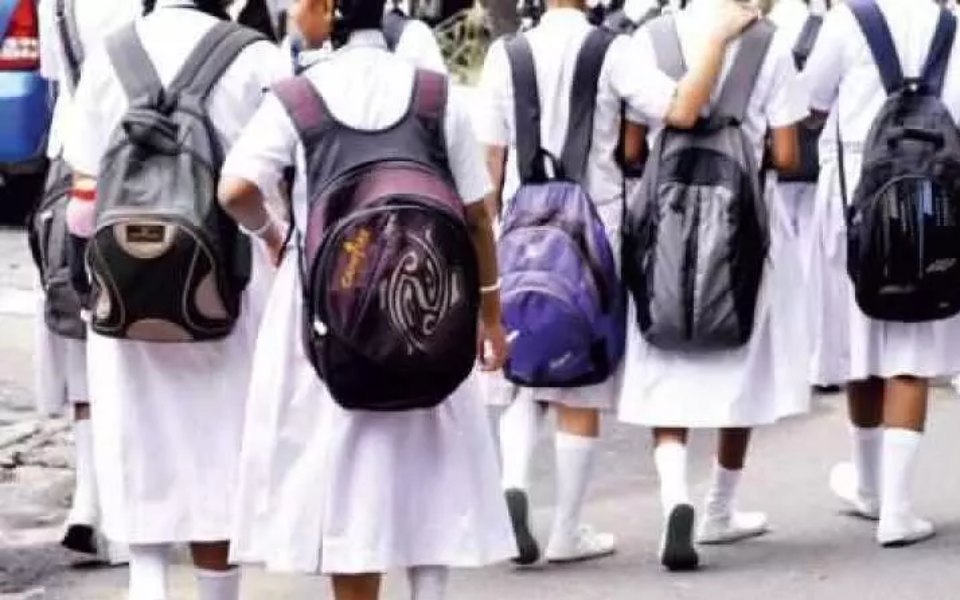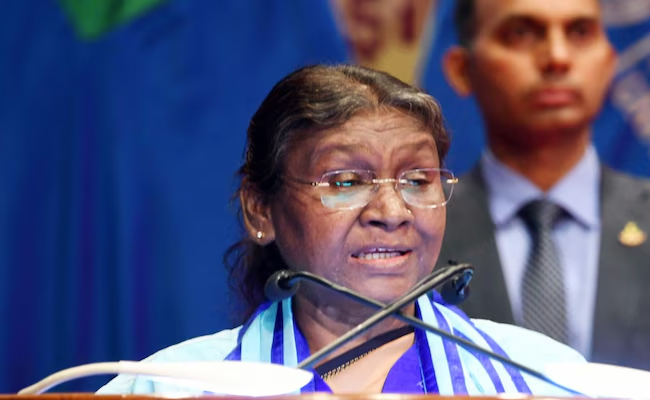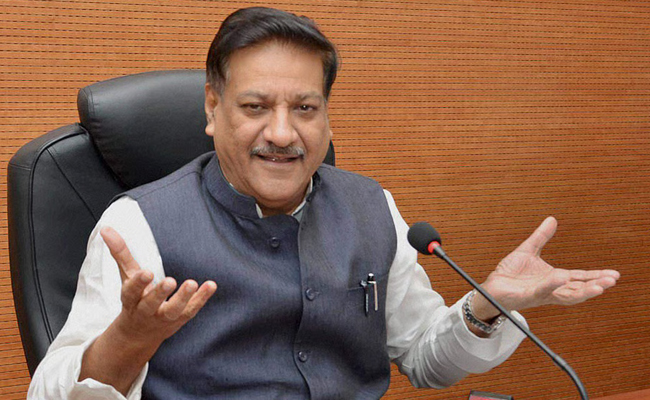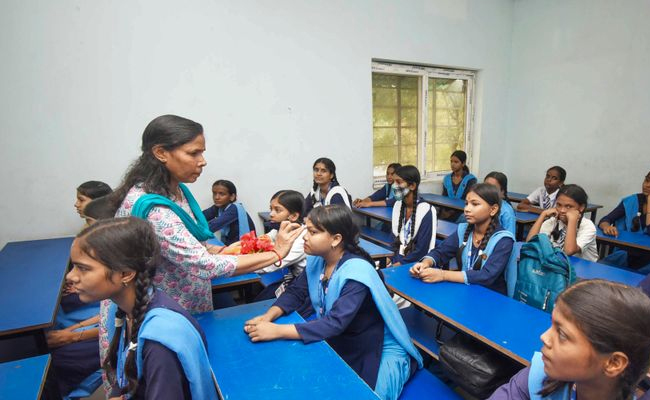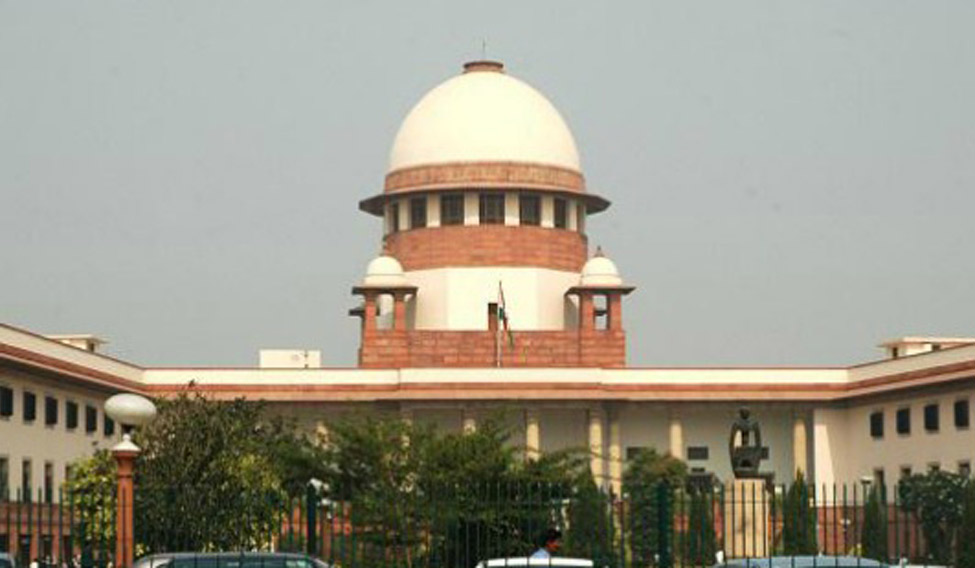Shivamogga: The Indian Meteorological Department (IMD) on Sunday issued an orange alert for the Shivamogga district, amidst heavy downpour on Sunday.
Meanwhile, The Deputy Commissioner of Shivamogga district has declared a holiday for schools in the district on Monday July 24th, following heavy rains in the district.
Alongside Shivamogga, DCs of Kodagu and Udupi district have declared holidays for schools and colleges in Udupi, while in Kodagu holiday was declared only for Schools.
Let the Truth be known. If you read VB and like VB, please be a VB Supporter and Help us deliver the Truth to one and all.
New Delhi (PTI): President Droupadi Murmu has rejected the mercy petition of a man convicted of kidnapping, raping and killing a two-year-old girl in Maharashtra in 2012, officials said on Sunday.
This is the third mercy plea rejected by the President after assuming office on July 25, 2022.
The Supreme Court on October 3, 2019, affirmed the death sentence awarded to Ravi Ashok Ghumare, saying he had no control over his "carnal desires" and surpassed all natural, social and legal limits just to satiate his sexual hunger.
In its verdict, a three-judge bench comprising Justice Surya Kant (now chief justice of India), by a majority verdict of 2:1, said the man had "ruthlessly finished" a life which was yet to bloom and his act of committing unnatural offence with the two-year-old exhibits "a dirty and perverted mind, showcasing a horrifying tale of brutality".
Ghumare's mercy plea was rejected by the President on November 6, 2025, according to the status of the mercy petition disclosed by the Rashtrapati Bhavan.
ALSO READ: India could get new PM soon, claims Prithviraj Chavan; says comments linked to Epstein files release
"Having said that, it may be seen that the victim was barely a two-year-old baby whom the appellant (Ravi) kidnapped and apparently kept on assaulting for over four to five hours till she breathed her last.
"The appellant, who had no control over his carnal desires, surpassed all natural, social and legal limits just to satiate his sexual hunger. He ruthlessly finished a life which was yet to bloom," Justice Surya Kant had said, while writing the verdict for himself and (now retired) Justice Rohinton Fali Nariman.
The appellant, instead of showing fatherly love, affection and protection to the child against the evils of society, made her the victim of lust, the majority verdict said.
"It’s a case where trust has been betrayed, and social values are impaired. The unnatural sex with a two-year-old toddler exhibits a dirty and perverted mind, showcasing a horrifying tale of brutality," the verdict said.
According to the prosecution, the incident took place on March 6, 2012, in Indiranagar locality of Maharashtra's Jalna city. Ghumare had lured the victim with a chocolate.
The trial court had convicted him and awarded the death penalty on September 16, 2015. His death sentence was upheld by the Bombay High Court in January 2016.

